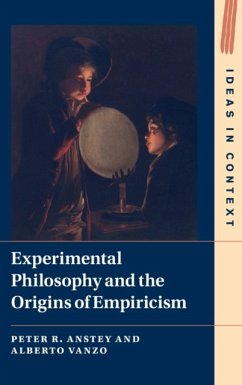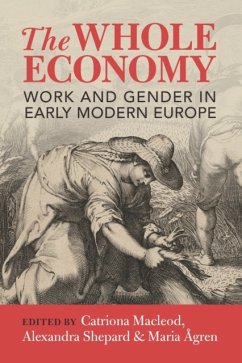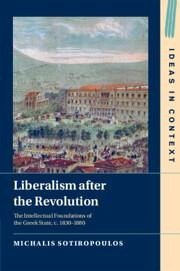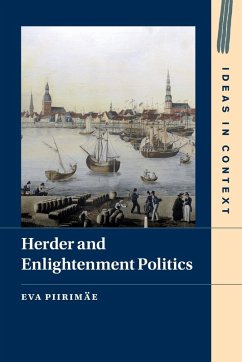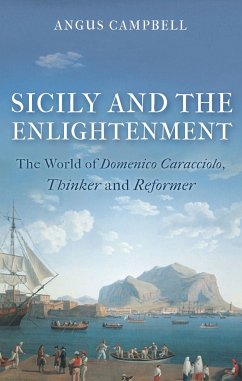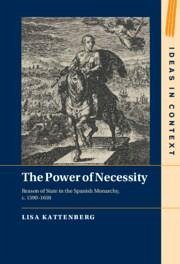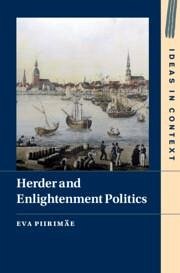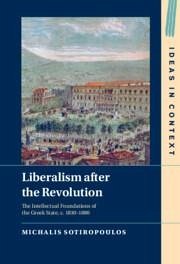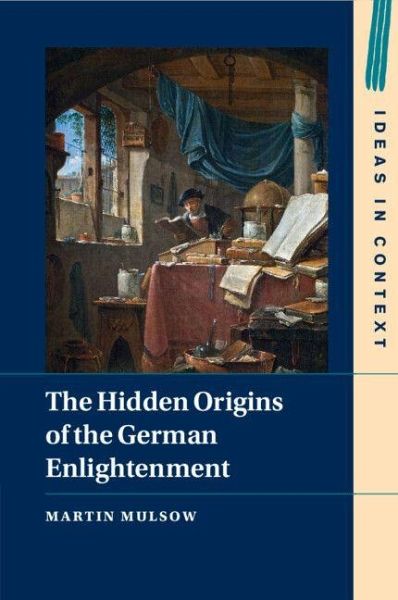
The Hidden Origins of the German Enlightenment
Versandkostenfrei!
Versandfertig in über 4 Wochen
37,99 €
inkl. MwSt.

PAYBACK Punkte
19 °P sammeln!
The early German Enlightenment is seen as a reform movement that broke free from traditional ties without falling into anti-Christian and extremist positions. But how did the works which were radical and critical of religion during this period come about? And how do they relate to the dominant 'moderate' Enlightenment?






